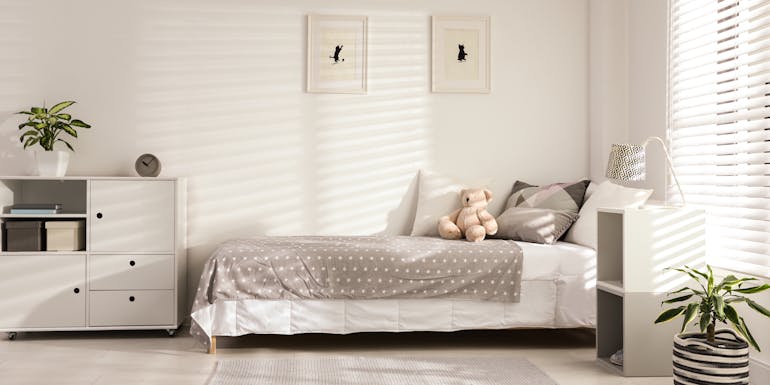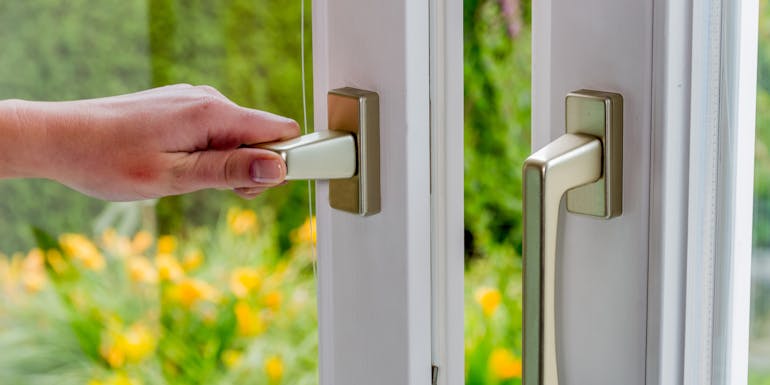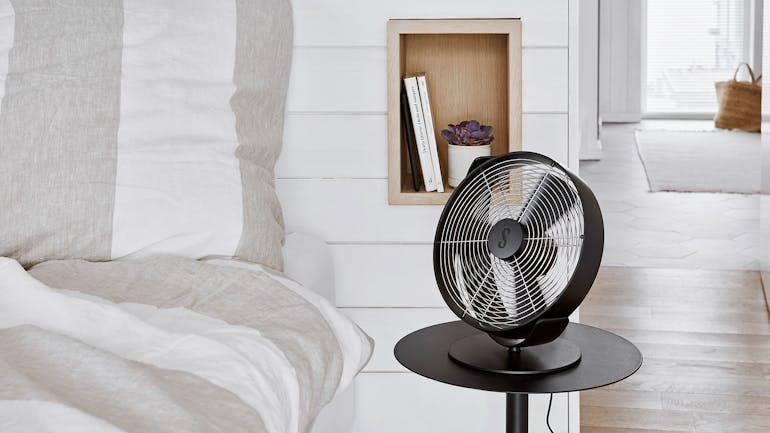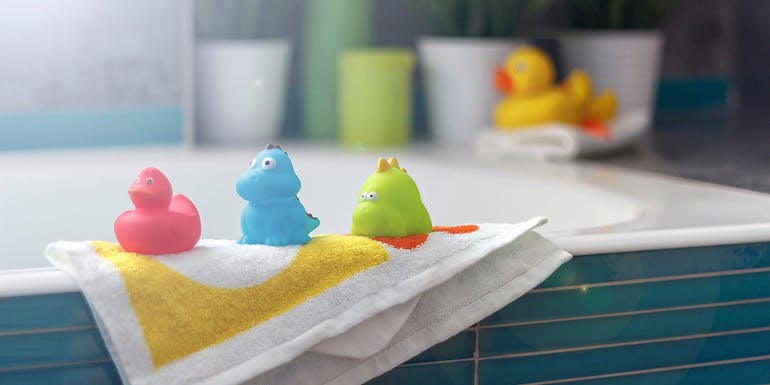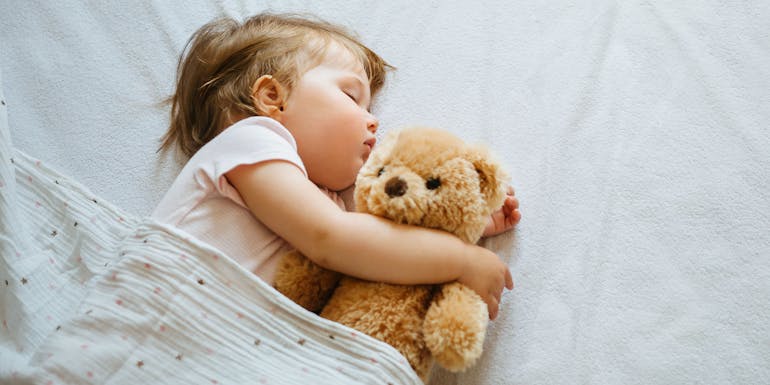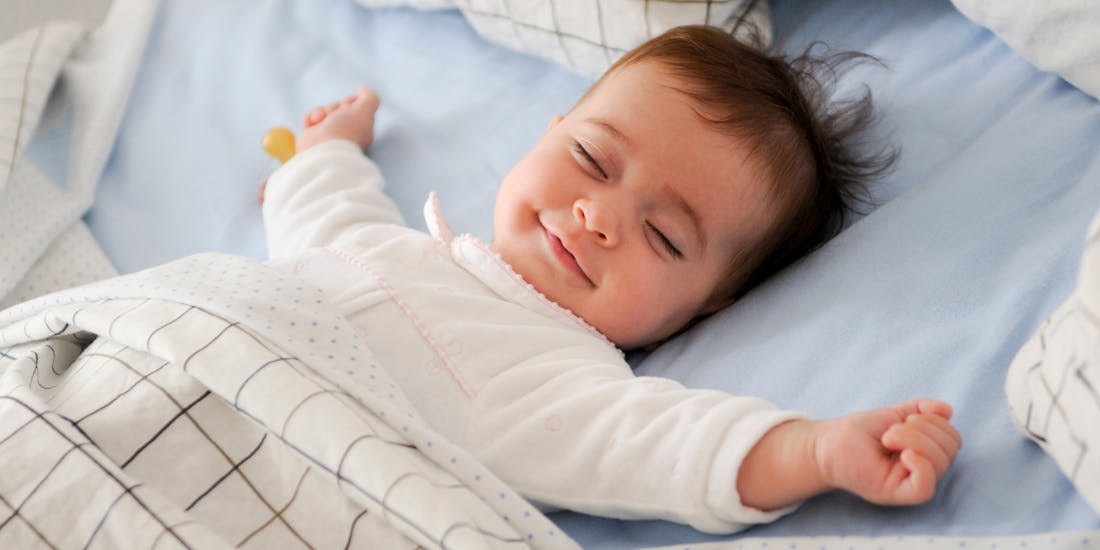
Guest author, 20 July 2022
Children's room
Bye, bye heat in the children’s room: how to keep it cool
Mounting heat, poor sleep and fretful children: babies and children cope particularly badly when temperatures exceed 30 degrees. What is needed, when little ones eat less, sleep badly and are grizzly, is coolness. Here are some top tips on how to combat heat in a child’s bedroom and reduce temperatures so they can sleep soundly.
What is the ideal children's room temperature at night?
According to experts, the ideal sleeping temperature for babies is between 16 and 19 degrees, although everyone is different and responds differently to temperature extremes. It is important for little ones to be neither freezing cold nor boiling hot in bed, because toddlers cope worse with extreme temperatures than adults. The best way to check a baby’s temperature is to feel the back of its neck – it should not be damp with sweat. But what to do if the child is too hot and how do you avoid heat in the children's room?
Tip 1: Block out the light in your child’s room
During the day too, so heavy curtains, blinds and shutters can shut out the sunshine so the heat doesn’t penetrate the room through the windows.
Tip 2: Ventilate properly
Let fresh air into a baby’s or child’s bedroom morning and evening. It’s best to keep windows closed during the day to keep the hot air out. Only open them in the evening once the temperature outdoors is lower than the temperature indoors.
Tip 3: Switch on a fan
Banish stale hot air and introduce some freshness. A fan circulates the air properly and provides a pleasant source of cooling. The most effective fans are those that distribute the air three-dimensionally: 3D air circulators like Simon and Leo. The device can remain switched on overnight for older children. Just ensure that the air flow is not aimed directly at the bed. Here is the right fan for a restful night’s sleep.
Tip 4: Cool baths
Cool off with a splash: a cool bath before going to bed is a great way to feel fresher. But take care not to use water that is too cold, or the body will react by heating up unnecessarily. It’s best to dip your elbow in the bath water first to check whether it is the right temperature for the child.
Tip 5: Wear loose clothing in natural fibres
Thin, loose and breathable: a lightweight cover and loose, short-sleeved clothes in natural fibres are best for children. Absorbent cotton fabrics, viscose, silk, or lyocell (Tencel) are good for absorbing sweat. For babies we recommend a thin sleeping bag in one of these fabrics. If it is very hot they only need a thin sleepsuit, or just a loose vest or a shirt with a nappy.
If you have questions related to indoor room climate, please get in touch with us. Or subscribe to our newsletter to regularly get informed about current topics regarding indoor climate, experience reports or Stadler Form insights.
Guest author of this article is Micha Eicher from scharfsinn - many thanks!
